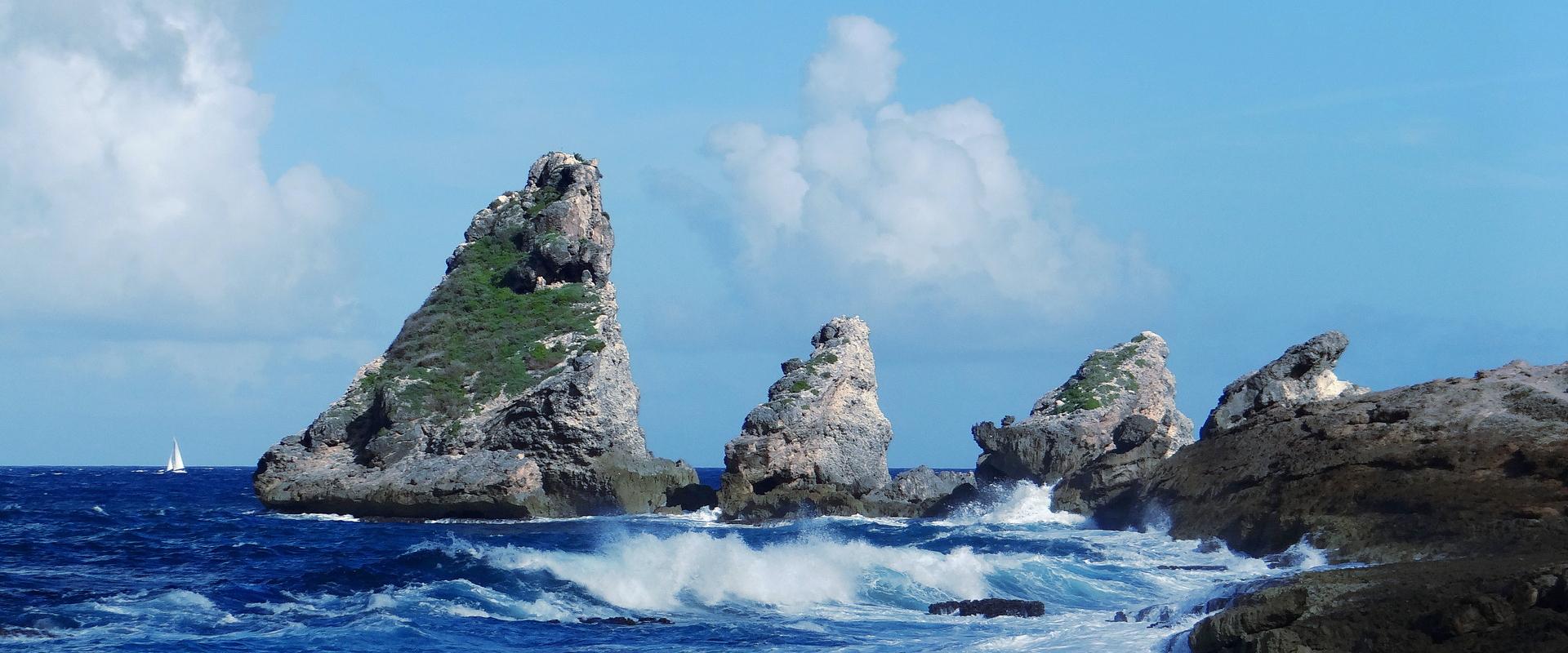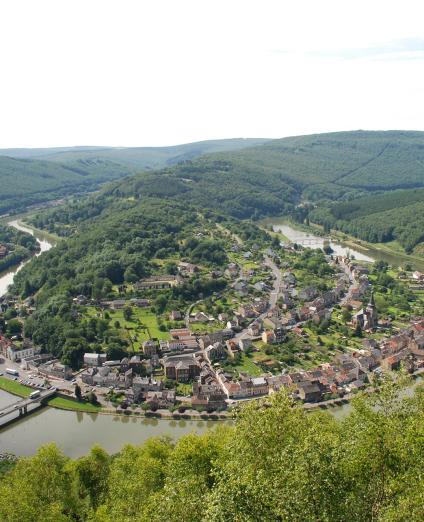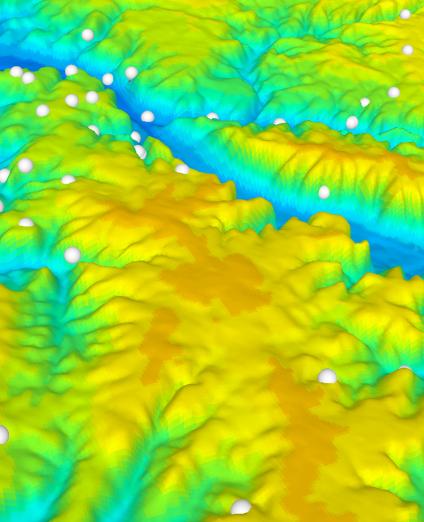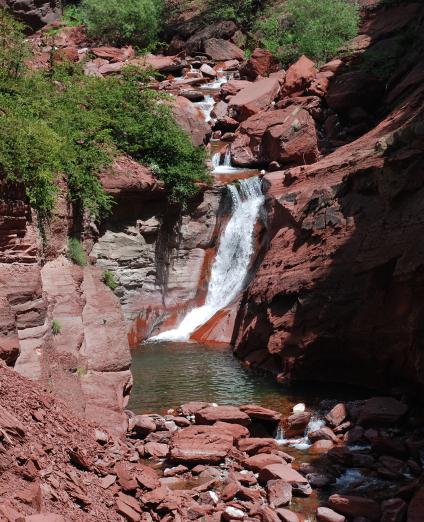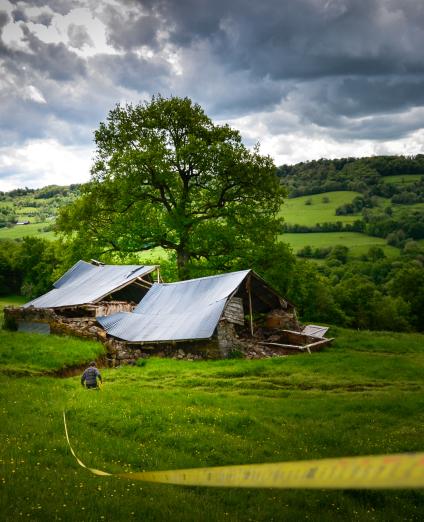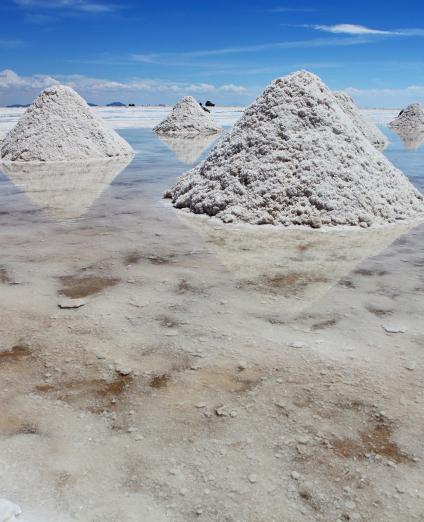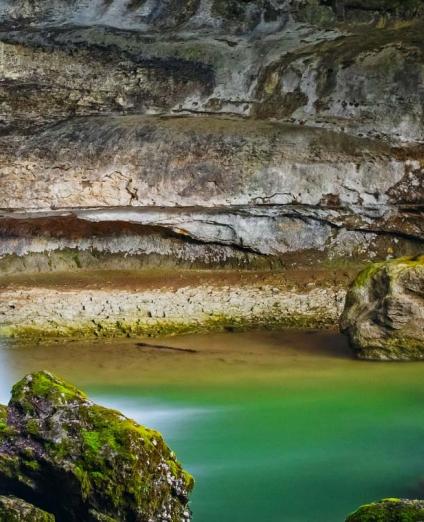As a public institution for research and expert studies, BRGM contributes to the dialogue between science and society in its different fields.
Establishing a dialogue with civil society representatives in the French regions
BRGM's regional representatives organise meetings with representatives of civil society groups to discuss regional environmental questions relating to BRGM's areas of expertise and on which papers and articles have been published.
These meetings provide opportunities for open and constructive discussions. They stimulate exchanges of knowledge - or of knowledge "gaps” - questions from all parties and the expression of their expectations, while observing the ethical principles that guarantee transparency and trust and preserve the independent judgement of all concerned.
Summary of the meeting held at Trois-Rivières on 20 December 2017
Topic on the agenda
Groundwater quality in the Guadeloupe archipelago
Date and venue
Wednesday, December 20, 2017, Sentier de la Grande Pointe (97114 Trois-Rivières).
Agenda
A walk along the Grande Pointe trail, where underground, surface and marine waters intersect:
- Description of the regional and local geological context;
- Review of groundwater quality in Guadeloupe and the pressures on the resource;
- Presentation of a method for in situ measurement of the physico-chemical parameters of water;
- Raising awareness of the importance of wetland conservation;
- A halt above a spring with a petroglyph known as "the woman giving birth in the water" and discussion about the challenges involved in managing and preserving water resources in Guadeloupe;
- Presentation of the effects of climate change in the Guadeloupe region and more particularly on groundwater resources;
- Open debate after the meal.
Participants
16 participants representing the following organisations:
- Syndicat Guadeloupéen des Accompagnateurs en Montagne (Mountain guides union);
- Farmers;
- Ilot Rando;
- Évasion Nautique Mornalienne;
- Amicale des Anciens de Capesterre Nord (AACN);
- Vert-Intense;
- Tanbou Rando;
- Guad Amba Bwa;
- Association des forêts privées de Guadeloupe (private forest owners association);
- Moose’Art.
Specific points, participants' expectations and questions, discussions
The main expectations were for a better understanding of the problems related to water resources in the region and the role of the different organisations involved in its management.
The subject of water appears to be particularly sensitive in Guadeloupe (which suffers from occasionally poor groundwater quality and frequent disruptions in the drinking water distribution network) and raises many questions.
The debates were very stimulating and provided an opportunity to enlighten participants on the quality of the region's groundwater, the unifying theme of the day.
Social expectations were clearly very high as regards to the problem of environmental chlordecone pollution (desire for transparency in public policies), the use of rainwater for domestic purposes, but also water governance in the broad sense.
Is rainwater consumption a good solution to compensate for water supply cuts?
This is the solution advocated by the Communauté d'agglomération Grand Sud Caraïbe. Rainwater cisterns can be installed quickly and Guadeloupe's climate is favourable for replenishing them. Nevertheless, there are drawbacks to this solution which were pointed out, especially for consumption (drinking, cooking), because of the possible contamination of the water during its journey to the cisterns. Finally, the participants were reminded of the need to ensure that the tanks are perfectly watertight to prevent the proliferation of mosquito larvae responsible for dengue, chikungunya and zika.
What is the quality of the aquifers in the region as a whole?
The monitoring carried out by BRGM on behalf of the Water Office shows that groundwater quality is generally good in the archipelago as a whole. However, pesticides remain the main cause of water degradation, especially in agricultural areas. Particular attention is also paid to parameters that are indicative of saltwater intrusion (impact of excessive aquifer pumping in vulnerable areas close to the shoreline). The major problem remains the widespread contamination of the environment in the southern Basse-Terre area by organochlorine pesticides. These substances were used in the past in banana plantations and are now banned, but they persist in the natural environment because of their low biodegradability.
Why are there recurrent water supply cuts in Guadeloupe even though the resource seems to be abundant?
The basic problem is not a lack of water, although some rivers may be dry temporarily. The problem is essentially structural and due to the obsolescence of the supply networks (60% of losses via leaks is a common estimation). An action plan, known as the DOM Water Plan, is currently under way to try to improve the situation.
Are data on soil and water contamination with chlordecone available and if so, how can they be accessed?
Currently a large part of the data on groundwater quality is available to the public via the ADES portal. Data concerning surface water is available on request from the Guadeloupe Water Office. However, not all data on soils are accessible (maps are available at the regional scale but not at the cadastral scale) but discussions are under way to make all of the data publicly available.
Do the illegal quarries at Tuf in Grande-Terre have an impact on groundwater?
BRGM has not studied this issue, but it can be assumed that uncontrolled extraction of aggregates is a potential source of pollution and that it has an impact on groundwater recharge. These explanations are based on “expert opinion” but only an in-depth study would make it possible to assess the actual risks to Grande-Terre's resource.

